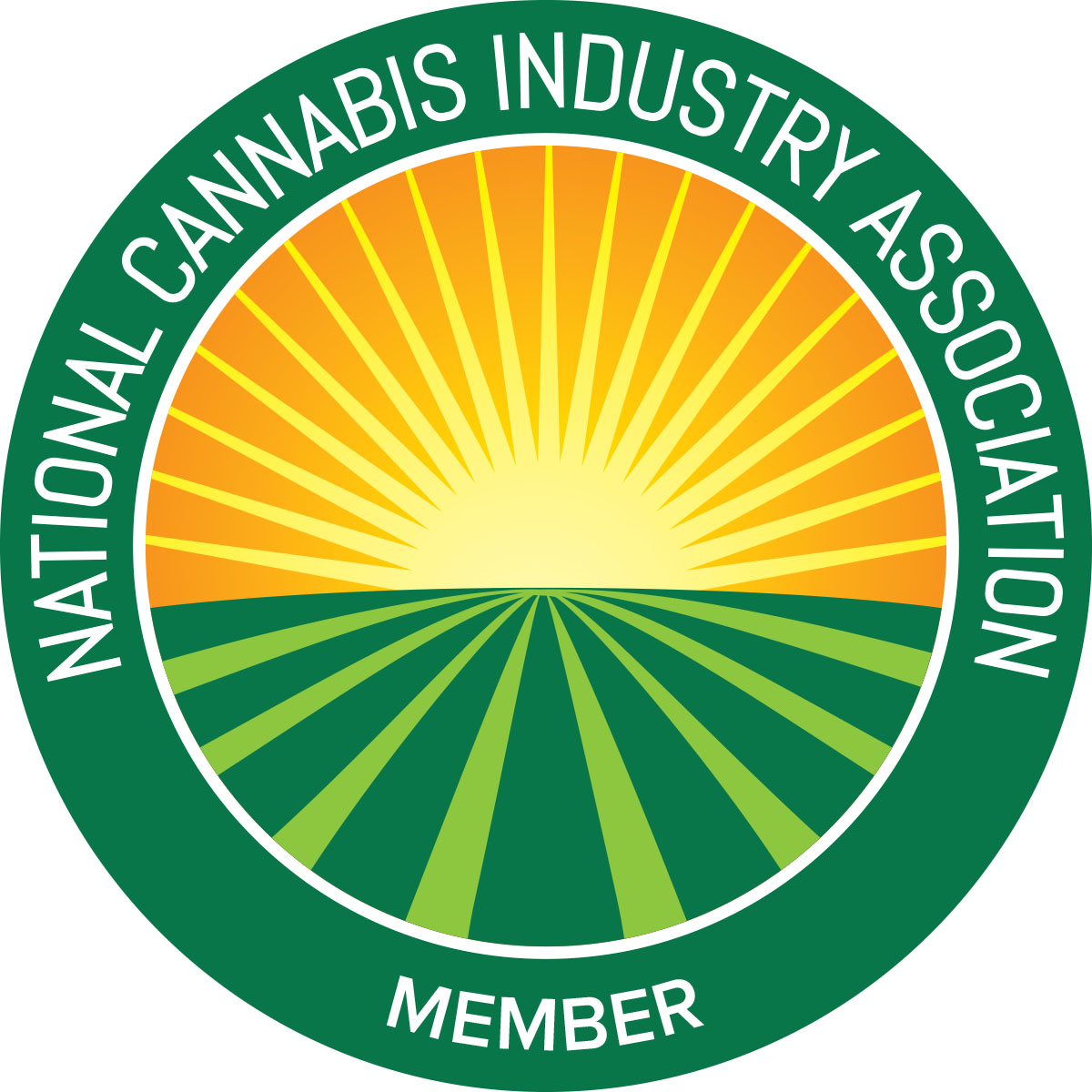- About Us
- Advertise
- Contact Us
- Editorial Board
- Editorial Information
- Terms of Use
- Privacy Policy
- Do not sell my Information
© 2024 MJH Life Sciences™ , Cannabis Science and Technology . All rights reserved.
Advancements in Cannabis Extraction and Concentrate Production: An Industry Expert's Insights
In this interview, Steve Fuhr of SciPhy Systems discusses the upcoming impacts cannabis extraction.
With many years of experience in the cannabis industry, Steve Fuhr, Director of Sales at SciPhy Systems, offers a unique perspective in extraction laboratory development and product innovation.
In Part II of this interview with Cannabis Science and Technology, Fuhr discusses the potential impacts of cannabis rescheduling, explaining the need for standardization of extraction methods manufacturing to produce high-quality products. He predicts a shift towards nutraceutical-grade products with Good Manufacturing Practices (GMP) certification that will allow for new delivery methods. He also highlights cold extraction methods, new compounds, and Nano emulsification, while acknowledging the paradox of obtaining cannabis research and data due to its illegal status.
Watch the video, read a partial transcript below, and catch up with Part I here.
What innovations are you envisioning for the future?
Steve Fuhr: The biggest innovation I'm seeing is the stripping down of the concentrated oils to their constituent parts. And what I mean by that is using various forms of things like liquid-to-liquid chromatography or HPLC chromatography, to separate THC from CBD, and in fact, separate THCA from THC as separate chemicals. To separate the terpenes, the myrcene, the pinene, the limonene, and then putting them back together again in very specific doses so that they can really start to study very specific doses and really call them medicine.
The other thing I see, we talked about this briefly, and I didn't hit on this enough, is extraction methods that are better at capturing those acidic cannabinoids—the THCAs, the CBDAs—where you need to have a process that's very cold and the same is true for terpenes. This is where hydrocarbon is starting to become the dominant extraction method is because it's very cold. The other thing you're going to see is isomerizations, and in fact, there are sub chemicals in cannabis, one in which they're studying, which is supposedly 100 times more powerful than morphine. It's not a cannabinoid, by the way. It would enable us to create pain medicines that are non-addictive and still very powerful. So I think that's what you're going to see, is the breaking down of the plant into its constituent parts, teasing out those elements that we don't even know the name of them yet in many cases, and making them true medicines.
And then the last thing I've seen that's exciting is this concept called Nano emulsification, which is certainly not a new process, but there are new surfactants, new coding systems that will enable edibles, which normally take 30 to 45 minutes, to hit you almost immediately. So that's kind of what I see on the horizon.
I will leave you one last thought, is you have the FDA and many other federal organizations saying we want more data, but on the other hand, it's illegal to do studies. We've had college professors lose their tenured positions because they actually got grants to study cannabis and ended up getting fired by the Board of Education at the college they worked for. And yet, with those two paradoxes, cannabis is the most studied drug on Earth. There's more peer reviewed reports written on cannabis than any other drug worldwide, and so I'm looking forward to these studies coming out and real data being provided. It's a much safer drug. It's got some great potential, and we're looking forward to bringing that potential to the public.

